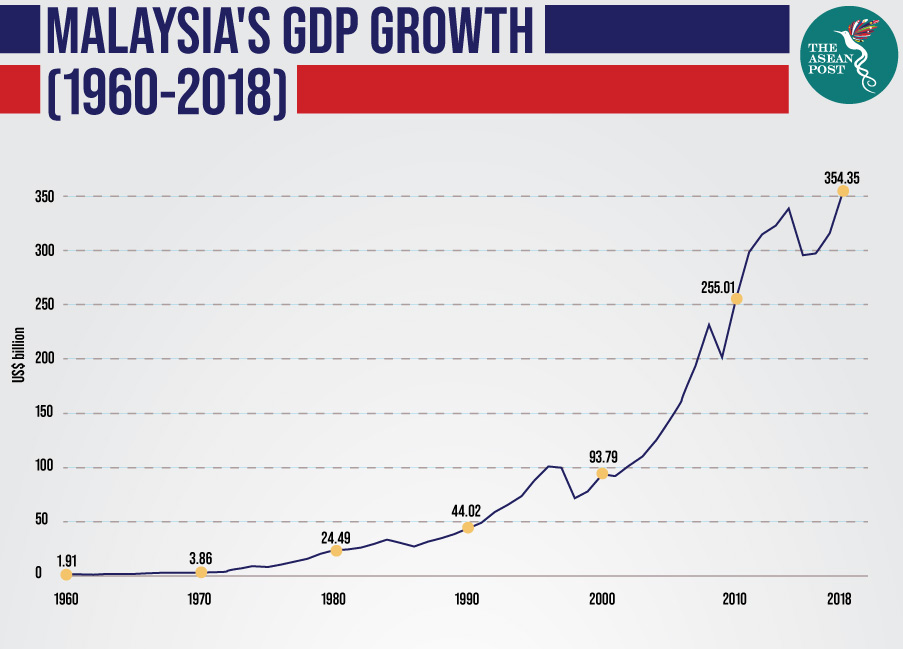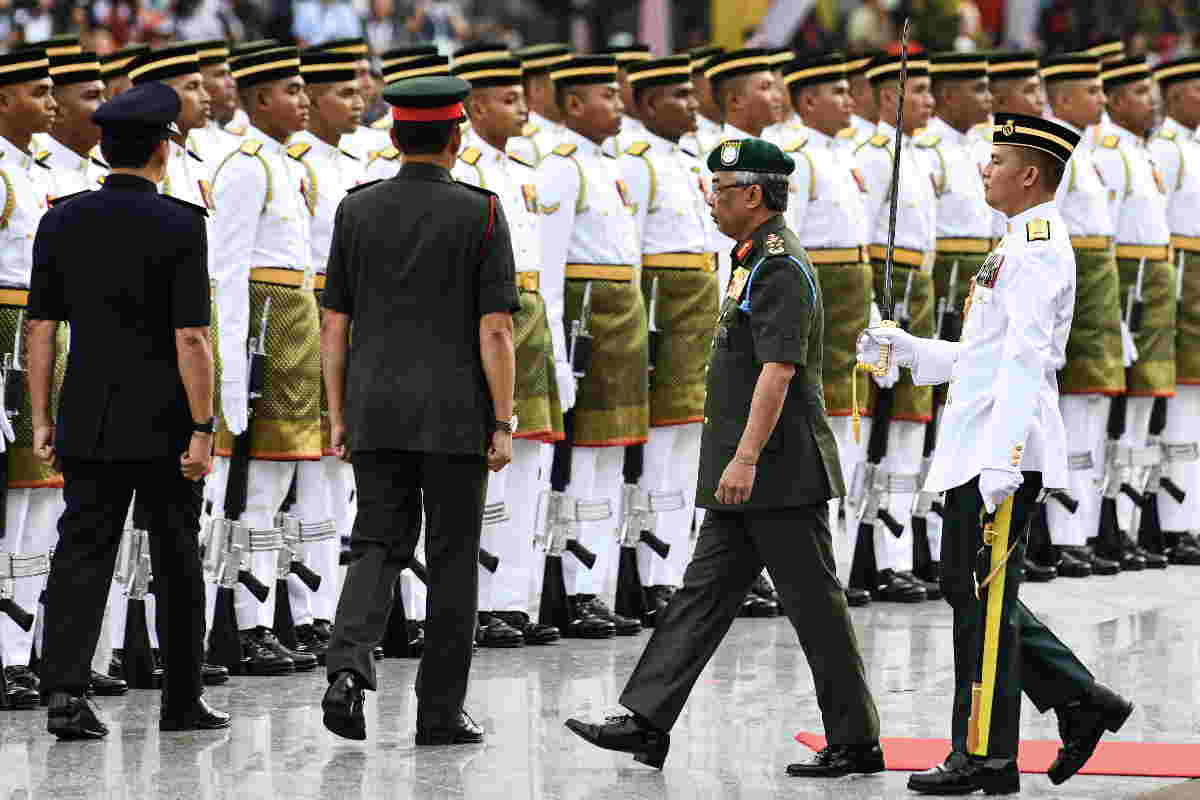As Malaysia celebrates its 62nd Independence Day today, the country can reflect upon six decades of peace and progress since the country’s first Prime Minister, Abdul Rahman Putra Al Haj, declared Malaya’s independence from the British in 1957.
Its rich resources paved the way for a thriving trade in agriculture and commodities, and diversification efforts have since created healthy manufacturing and services sectors - with the country’s open economy making it one of the world’s leading exporters of electrical appliances, electronic parts and components.
As the World Bank noted, Malaysia’s economy has bounced back from the Asian financial crisis of 1997-1998 in strong fashion and has averaged growth of 5.4 percent since 2010. The country is expected to achieve its transition from an upper middle-income economy to a high-income economy by 2024.

Although incomes, employment and quality of life have all been on an upward tangent since 1957, there are still several key issues which remain a challenge for Malaysia.
While economists are sending mixed signals as to whether Malaysia is heading for a recession, the economy is diversified enough to weather the inevitable storm.
Malaysia’s economy has shown its resilience to the global slowdown in trade and risks caused by the ongoing United States (US)-China trade war and the European Union’s (EU) campaign against palm oil – one of Malaysia’s biggest exports.
Key to the country’s continued economic progress is a stable government, and Malaysians can be proud of the peaceful transition of power from the National Front (Barisan Nasional) coalition – which ruled Malaysia since Independence – to the Alliance of Hope (Pakatan Harapan) during last year’s general elections – a shining example of Southeast Asian democracy in action.
Promising to establish good governance and credible national institutions, the Alliance of Hope realises it has to distance itself from the corruption and cronyism which were hallmarks of the National Front’s six-decade rule.
Human capital
The Alliance of Hope declared in its manifesto that the coalition would review all laws relating to gender equality to ensure that every woman enjoys legal equality, and while women now serve as the country’s Deputy Prime Minister and Chief Justice for the first time – Wan Azizah Wan Ismail and Maimun Tuan Mat, respectively – more work needs to be done to increase women’s participation in key leadership positions.
With human capital the most important factor in ensuring the country’s success in developing a high value, knowledge-based economy as touted by Prime Minister Dr Mahathir Mohamad, the nonagenarian leader and his colleagues in Cabinet have to intensify efforts to attract and retain the best local talent.
This is tied to Malaysia’s education system, which has been found lacking by international standards for many years. Increasingly, there is concern that educators are not equipping the country’s next generation workforce with the right knowledge and tools for the digital economy.
The decision to introduce khat (Arabic calligraphy) in schools and the controversy that Muslim preacher Dr Zakir Naik has stirred is creating an even bigger divide in Malaysia, a country in which race and religion have long been intertwined with politics, a fact that politicians are well aware off and oft times use to their own gain.
Politicising race, religion
Politicians and local media play off each other by stoking racial sentiments instead of focusing on key issues, and concerned Malaysians from all walks of life are realising that there are more important things to be debating about.
Poverty is still an issue, and the rising cost of living and high unemployment rates are all key areas the government of Malaysia needs to focus on finding solutions to.
The fight for increased human rights and better environmental protection is slowly gaining more space in the public sphere, but like other important topics such as race, religion and education – they have sadly ended up being politicised as well.
Stressing that unity is key to the country’s sustained progress, Dr Mahathir Mohamad used his Independence Day message to promote the values of tolerance and respect that “should not stop just because we achieved independence and enjoy prosperity.”
“Instead, the more successful we become, the more we should realise the importance of these values,” he added.
“As much as it was important for our forefathers to have embraced these values to shape this country, it is more important for us to uphold them.”
Related articles:
Is Malaysia heading for a recession?
Gender equality through sports in Malaysia
Is Malaysia doing enough to stop its brain drain?
Malaysia: World champion for conquering poverty?
